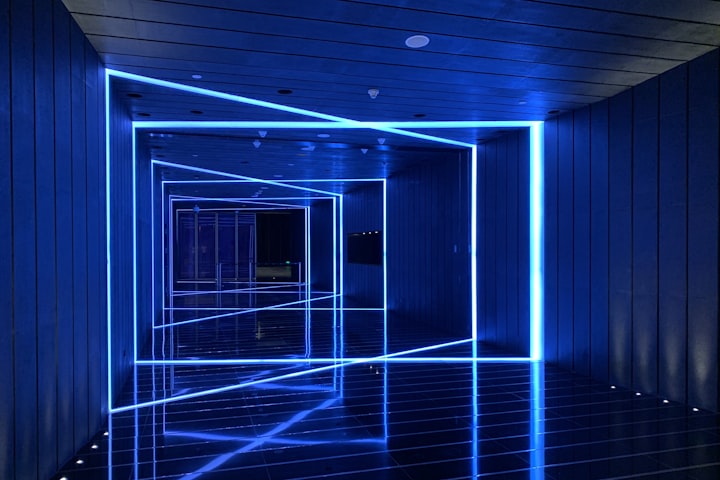Spotlight Effect - Part 2
More sensible than ever before!
The Impact of the Spotlight Effect on Our Intellect
All people, but especially those with social anxiety, are very focused on themselves, their businesses, and their appearance and believe that everyone else is just as aware.
Being aware of the spotlight effect can help to lessen nervousness or embarrassment in social situations. There are moments in my life when I have faced sudden ups and then a huge lapse keeping me to such downs and failures I never expected.
For instance, when I was a fresher I used to think that I am pretty special to my batchmates, and they use to love me and how I perform extra-curricular activities apart from higher-level studies, but I failed to claim that title in long term.
If you can get to the point that you realize nobody is really paying attention to you, then you will stop worrying so much about it. However, for those with social anxiety, it can be much more difficult to recognize this fact and overcome anxiety linked to the spotlight effect.
Social anxiety is much more than just embarrassment. It reflects differences in brain activity and responses to your environment. With social anxiety, you may know that your beliefs are irrational, but you can't change how you feel.
How to Subdue the Spotlight Effect
As we saw so far, the spotlight effect causes you to exaggerate how likely other people are to notice unenthusiastic things about you. The dilemma with this form of reasoning is that it increases your anxiety, and can prevent you from taking steps that are in your best interest, simply because you're foolishly concerned about what other people might think.
While it's difficult to bypass this form of biased speculation entirely, being aware of it can absolutely help lessen the negative impact that it has on you. It beholds you from taking steps that may so be profitable today and make you regret it further.
Essentially, if you did something that you disapprove of, or if there is something that you feel self-conscious about, try to evaluate the situation realistically, and consider how likely other people are to notice it.
In my opinion when you are in doubt about which step to take, assume that you are likely exaggerating how much people care about this and try to rest.
Remember that, even if someone does see whatever you are bothered about, they probably won't care about it approximately as much as you think, and they presumably won't memorize it in the long run.
Employ Self-Distancing Procedures
While being conscious of the spotlight effect can likely help you reduce its influence, you can profit from also using self-distancing techniques, that can help you reduce the egocentric bias that favors the spotlight effect in the first, and thus empower you to recognize things in a clearer, less biased way.
Specifically, using these techniques necessitates trying to create irrational self-distance when examining how other people view you.
You can do this by using any perspective that is not the first-person view, meaning that you can either try to look at yourself directly from someone else's perspective, or you can try to see yourself from a general, external perspective.
The more you perpetrate to observe things from a different perspective, the more clearly you will be able to think about yourself, so try to truly imagine yourself while being in someone else's shoes
Besides, another thing that you can do to support psychological self-distance is to ask yourself whether you would notice whatever you are concerned about if someone else did it.
For example, if you're worried that people will notice an embarrassing shirt that you're wearing(It happens a lot to me at parties and functions), question yourself whether you can retain what other people that you engaged were wearing, and how much you worried about what they wore.
This is something that I tend to overestimate earlier, but that can help you put things in perspective in some instances.
About the Creator
Aditya Gupta
Checkout all my social links at: https://linktr.ee/itsrealaditya
Founder @HakinCodes | Entrepreneur, Ardent Writer, Psychology Nerd







Comments
There are no comments for this story
Be the first to respond and start the conversation.